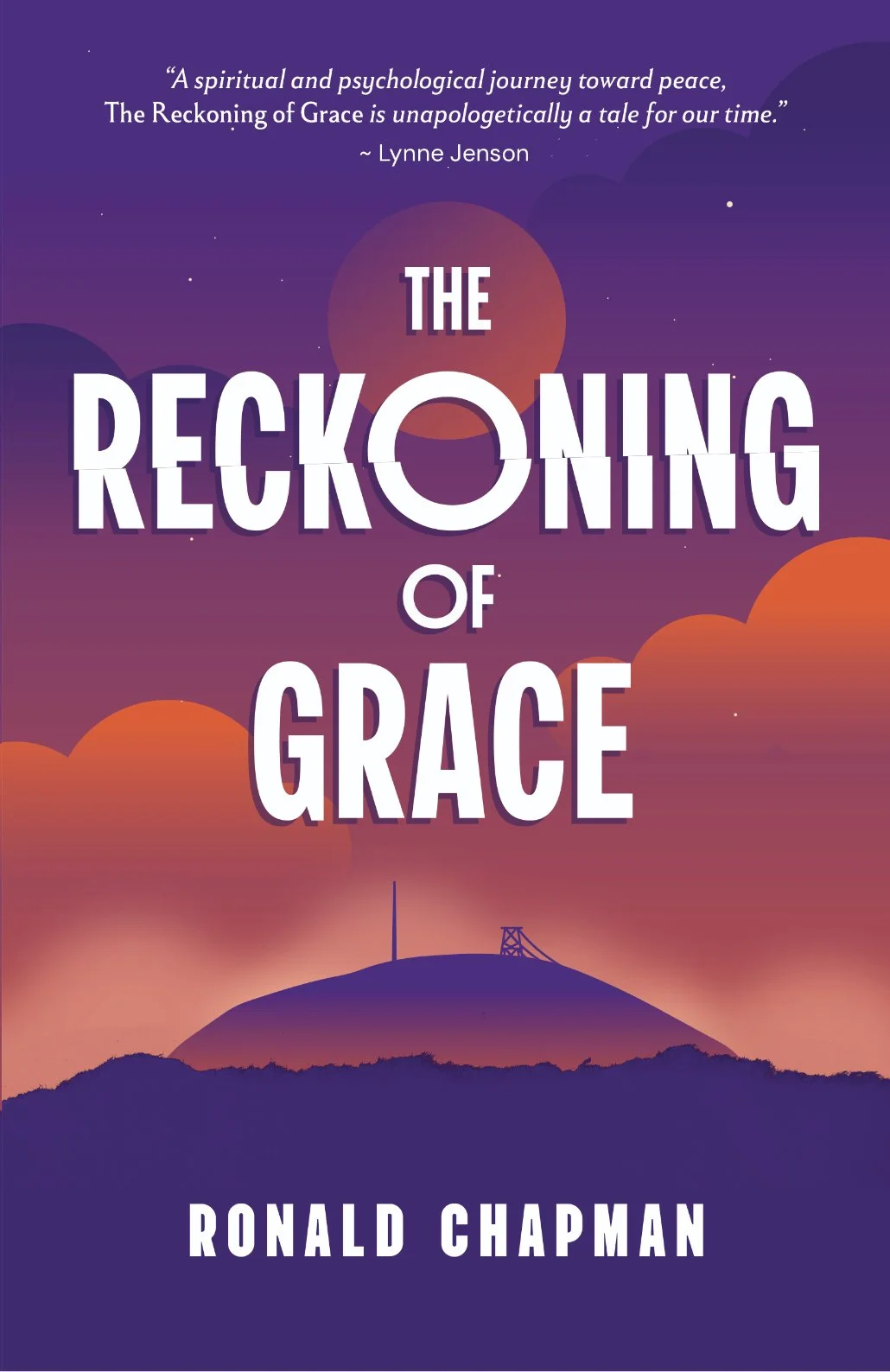What Can We Do?
/Hope through Cataclysm
A young woman who considers me a teacher and mentor asked me last week how to hold up in the presence of so much disharmony in the world. She’s scared by gun violence, nuclear confrontation, global warming, and social and political strife. She’s also a dark-skinned woman and is afraid to travel outside the city of Atlanta. “There are people out there who hate me and want to hurt me,” she whispered.
Her question involves more than “holding up," she wants to know how to navigate a world that seems increasingly dangerous. And though unspoken, she wants to know what she can do. She believes deeply in Gandhi’s proposition that we need to be the change we wish to see in the world.
I am reminded of the words of King Theoden in the face of the onslaught of the darkness-fueled Uruk-hai as they storm Helm’s Deep in Tolkien’s Lord of the Rings. “What can one do against such reckless hate?” he asks in a moment of hopelessness and despair.
The heartache I feel on these questions and for many friends who carry such burdens is palpable. Somehow we find ourselves in deeply troubling times.
The programs of recovery have taught me that I cannot speak for others, though I can speak of my own experience, strength and hope.
First and most importantly I must deliberately commit to engaging my fear, pain and grief. For me this is the practice of Seeing True, seeing through and beyond to find another way. Father Richard Rohr has offered great clarity on why this matters.
“If we do not transform our pain, we will most assuredly transmit it. If we cannot find a way to make our wounds into sacred wounds, we invariably give up on life and humanity. I am afraid there are bitter and blaming people everywhere … As they go through life, the hurts, disappointments, betrayals, abandonments, and the burden of their own sinfulness and brokenness all pile up, and they do not know how to deal with all this negativity. This is what we need to be ‘saved’ from."
Secondly, I must find a contemplative practice, something that supports me in bridging head to heart and then to Spirit. I cannot find the solution only in my mind and thoughts. What I need is a way to move through the limitations of my thinking. There are so many methods that have been effective for me; and there are many valuable ones to choose from. So I choose a wise path, and then dedicate myself to it.
Third, I must seek out information and people to add information to deepen my understanding. No matter who we may be, an open mind is always limited by the present state of our closed minds. Each of us has deep biases that we do not know or understand. So I must read points of view that run contrary to mine. I must watch and listen to media that challenge my beliefs and certainties. And nothing has broken through my prejudices more effectively than seeking out those who frighten me. Find those with whom we have negative feelings and strike up a real conversation. What we learn will change us.
Fourth, I must extend my practice to those with whom I interact. I must become vulnerable, and open myself outward. There are no solutions for me in isolation. At best, I must try to bring others along with me, or bring me along with others. Joel Goldsmith suggested that we cannot rise to communion without community. Or as I have heard in the rooms of recovery, “It’s a we solution.”
I told my friend these things. It was a long conversation. She asked me how I thought it would all turn out.
“I believe in the power of hitting bottom,” I told her with sorrow. “Recovery has taught me we do not change ourselves or our ways without sufficient cause. Often that means pain and suffering. And sometimes that means some kind of cataclysm, though I hope not.”
She winced as tears came to her eyes. “Oh …”
Then I smiled and shared a favorite quote from recovery. “Cling to the thought that, in God’s hands, the dark past is the greatest possession you have – the key to life and happiness for others.”
That’s why I believe in hitting bottom. It gets our attention, and galvanizes us into something we would otherwise not have considered. Pain and suffering will likely have to be the way. Once we are remade by it, we will see through new eyes.
It’s a strange kind of hope, isn’t it?
Updated February, 2018














